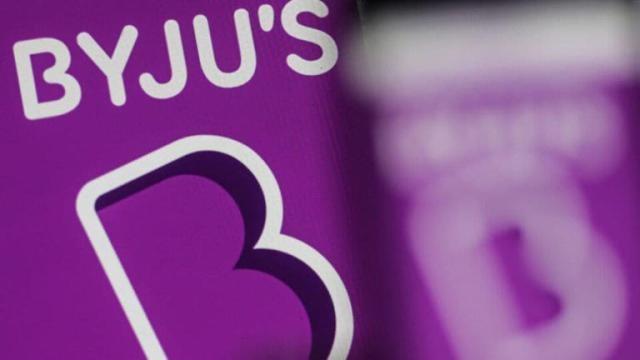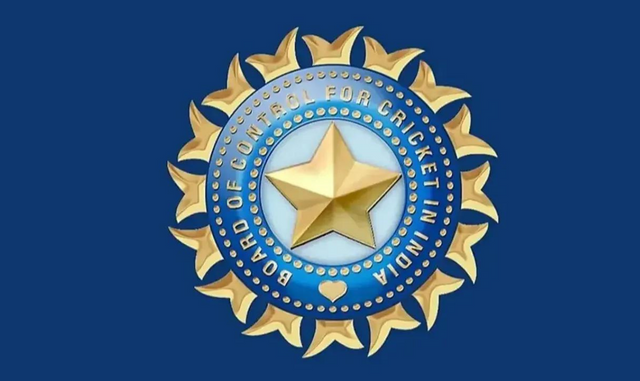New Delhi: The National Company Law Tribunal (NCLT) on Tuesday admitted edtech firm Byju’s parent company Think and Learn into insolvency over unpaid dues of Rs 158 crore related to sponsorship rights from the Board of Control for Cricket in India (BCCI).
The tribunal has appointed Pankaj Srivastava as the interim resolution professional who will run the company until a Committee of Creditors (CoC) is constituted.
“The Interim Resolution Professional shall after collation of all the claims received against Think and Learn Pvt Ltd the Corporate Debtor and the determination of the financial position of the Corporate Debtor, constitute a Committee of Creditors,” the order said.
The NCLT observed that all the ingredients for admitting Byju’s into insolvency existed: a debt and default in debt payment.
As Byju’s is admitted into insolvency, the current management of the edtech firm stands automatically suspended.
Further, Byju’s assets will be protected under moratorium, preventing any transfer or sale of its assets and institution of any new suits against it. This will have repercussions on scores of other suits against Byju’s pending before the tribunal.
“As we have always maintained, we wish to reach an amicable settlement with the BCCI and we are confident that, despite this order, a settlement can be reached. In the meantime, our lawyers are reviewing the order and will take necessary steps to protect the company’s interests,” said a company spokesperson.
The edtech plans to challenge the order at NCLAT, said sources aware of the development.
BCCI filed an initiation of insolvency petition last September against the edtech firm, claiming a default in payment amounting to Rs 158 crore.
When the case had come up for hearing in November, BCCI’s counsel had informed the tribunal that “the General notice was issued to Byju’s vide email dated 06.01.2023 and the default amount of Rs 158 crore excluding TDS as reflected in the invoices attached.”
Byju’s initially signed a jersey sponsorship agreement with the BCCI in March 2019 for three years, which was extended by one year.
The company had made the payments up till September 2022, and the dispute pertains to the payments from October 2022 till March 2023.
The company had sought time from the tribunal earlier to settle the case as it had referred the dispute for arbitration.


















